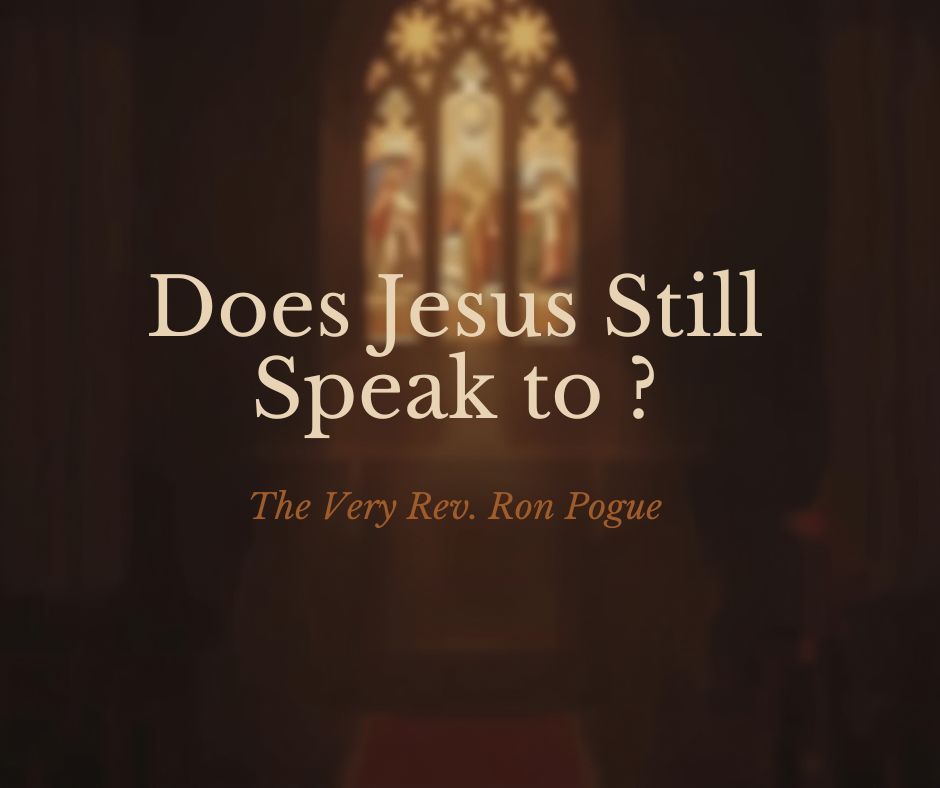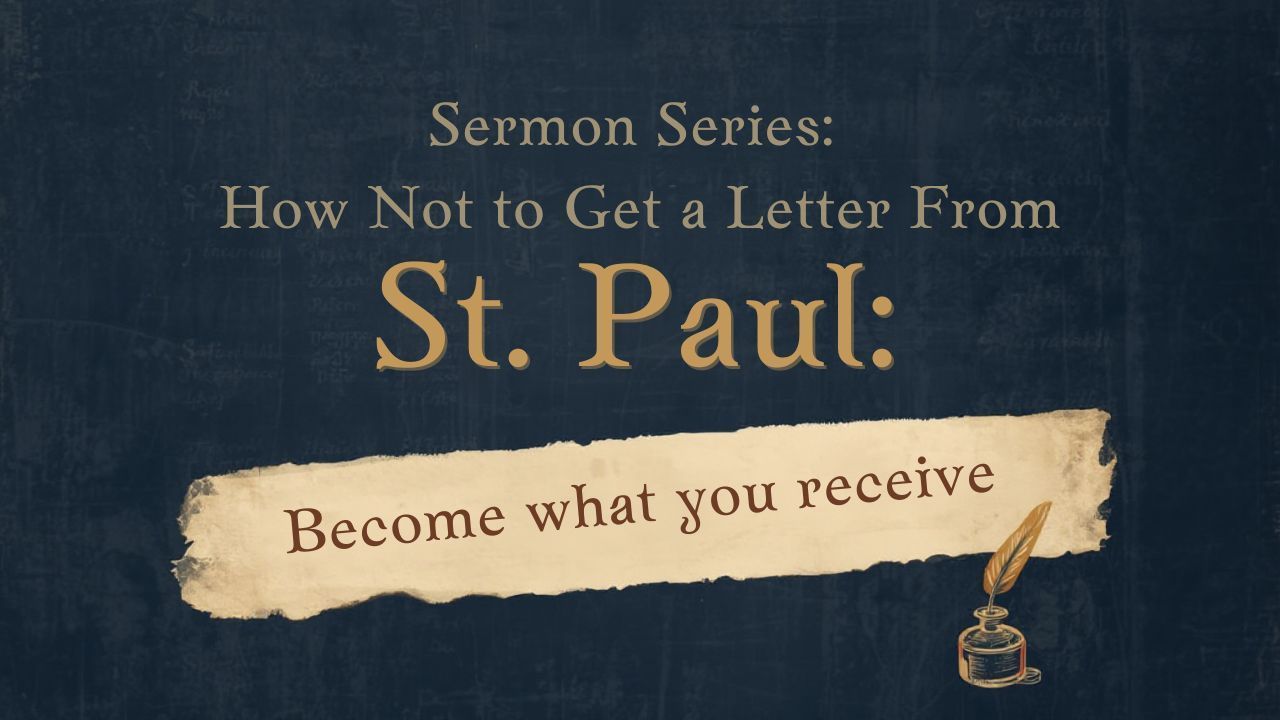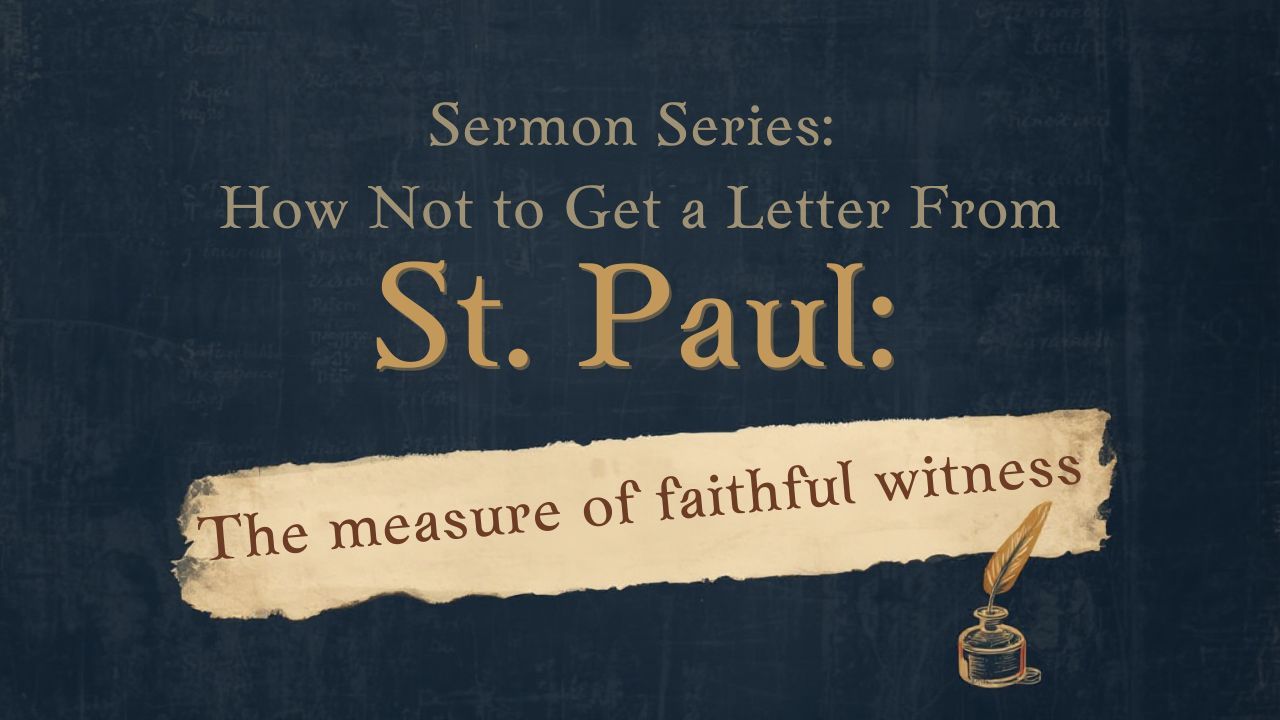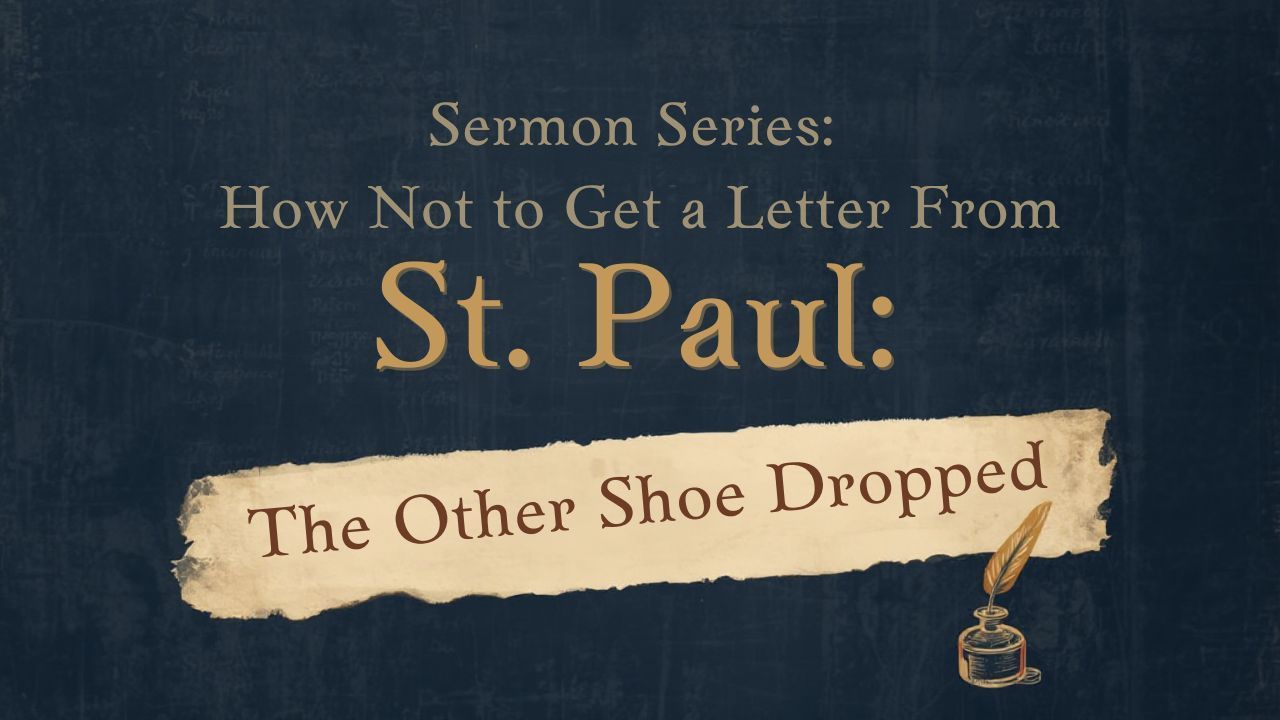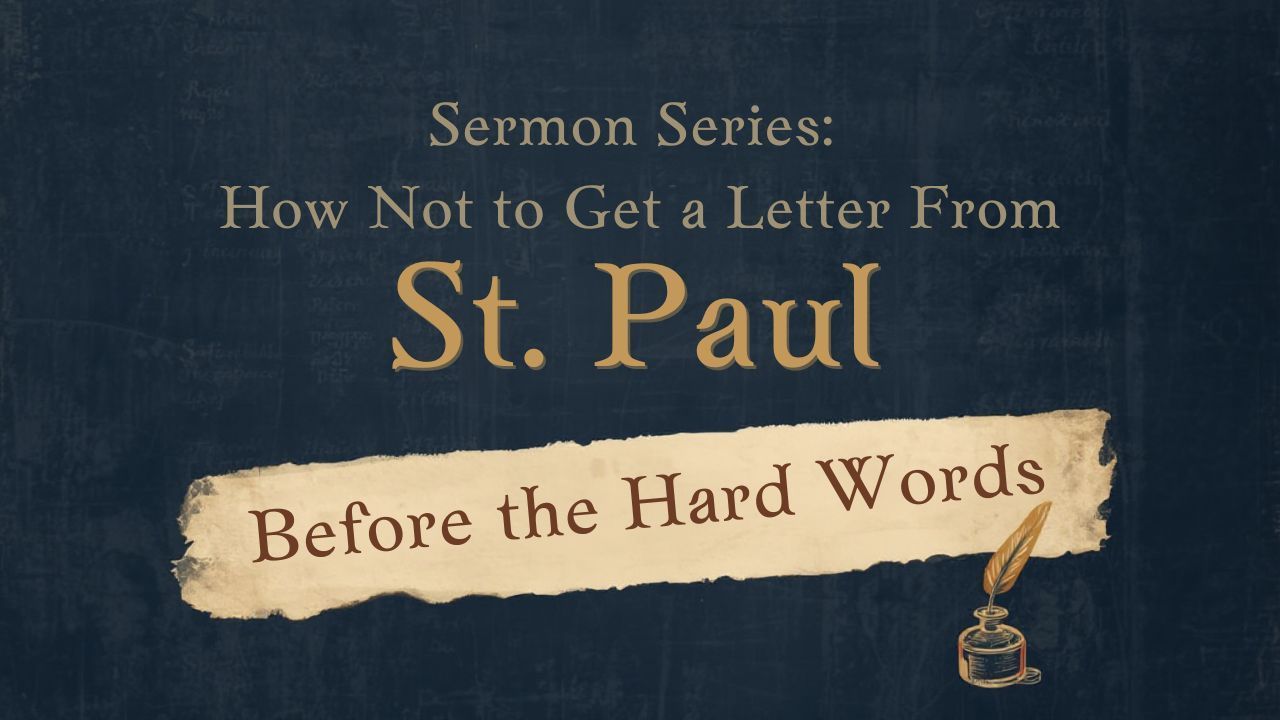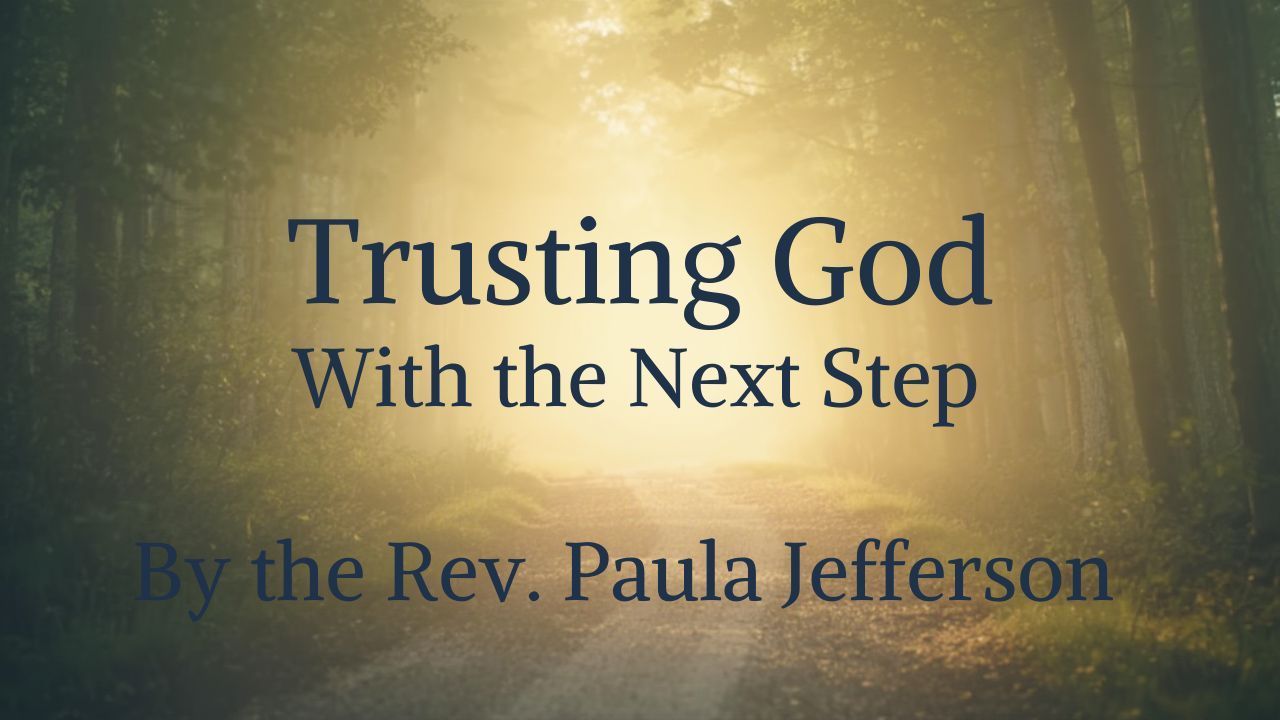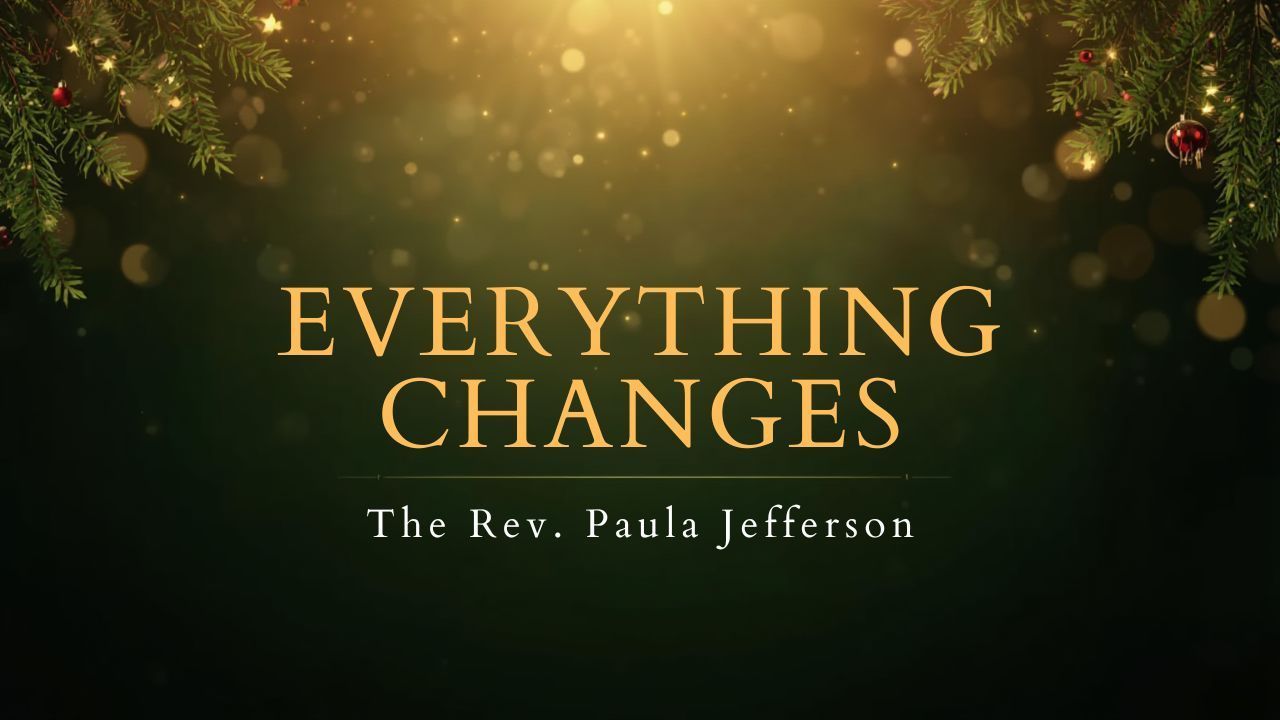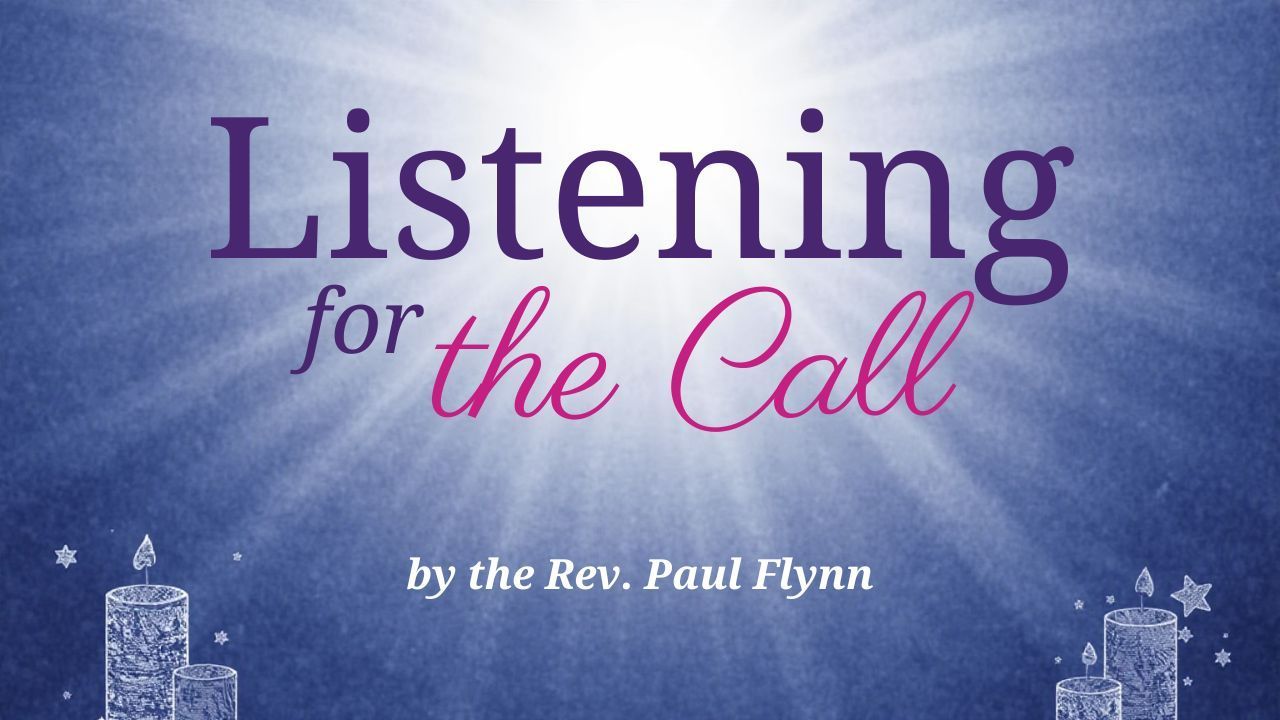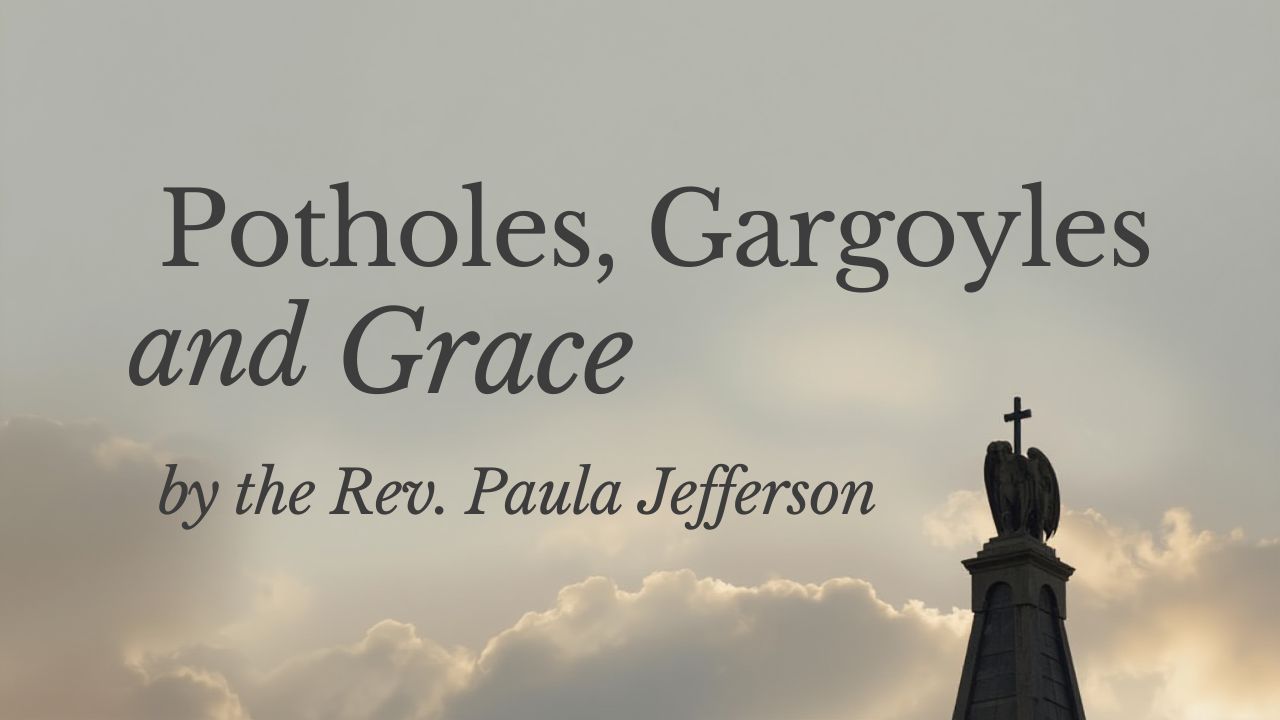Today’s Gospel is a particularly difficult passage. There isn’t very much wiggle room in the last verse, when Jesus reminds us that “No one who puts a hand to the plow and looks back is fit for the kingdom of God.”
I wonder if you see yourself in any of the characters in this passage. Are we like the Samaritans, who would not receive him because he was intent on going to Jerusalem?
This is an interesting piece of the puzzle in this story. At this point, Jesus is heading to Jerusalem to be taken up into heaven. This is post-resurrection, right?
And yet the Samaritans… who presumably know that Jesus has been raised from the dead, nevertheless say you’re not welcome here. Why?
The Samaritans believed that proper worship of God happened on Mount Gerazim, which is in the present-day West Bank near Nablus. More importantly, they believed that proper worship of God did not and could not take place at the temple in Jerusalem on Mount Zion.
In short, the Samaritans would make the Savior of the world not welcome because, they believed, he worshipped wrong.
Seems to us a little silly, right… unless we get to thinking about the things we put up as differences between us. You know, I can’t worship with those Methodists, they sing too much. Or, you know those Baptists, they don’t believe Jesus is really there at Communion. No, no, no. We can’t have that.
When you think of it like that, it kinda sounds like we’re still fussing about mountains and temples.
In the end, when we see something we’re not sure, we cry out… but wait, but first, or, sometimes, just but.
As Jesus travels along, many profess their willingness to follow him. I’ll follow you, Lord, anywhere. Jesus seems to know that not all of this is sincere. The foxes have holes and the birds have a nest, but I’ve nowhere because people are always saying “but first.”
If it wasn’t explicit in the first example, Jesus says to another, “Follow me,” and the fella says: I will, Lord, but first let me bury my father.
At first glance, this seems reasonable, right? I mean, the poor guy ought to be able to bury his father before picking up and following Jesus.
Instead, Jesus responds in what seems like a kinda cold-hearted way.
Let the dead bury their own dead. You have to proclaim the kingdom of God.
Harsh.
Another one says: I’ll follow you, but first let me say goodbye to those at home.
Jesus again gives a stone-cold answer: that no one who looks back is fit for the kingdom of God.
I’ve been thinking all week about how I am going to reconcile this passage for myself so I can preach it to you.
And here’s the thing.
I don’t think I can.
Jesus is being just as stone cold, hard-hearted as you think he is in this passage.
The question to my mind is why.
I’d like to propose at least one simple answer: God isn’t looking for second-string players. He’s not looking for part-time workers. There are no mothers-and-fathers hours in the work being done to proclaim God’s kingdom.
To be sure, you can have children. You can have fathers and mothers and guests in your house.
But if you let things of this world get in the way of your charge to proclaim God’s kingdom, you’re not fit for the work.
Period.
Now Paul, I can hear some of you saying, that’s kinda hard. I mean, we all have houses, and children, and work, and things we have to take care of. You can’t expect us to drop all that all the time for church.
Ooohhhhh. That’s a tough call. Maybe I can’t, but I think Jesus is.
Well, I think he is after a fashion.
Of course, it’s okay to see to your parent’s funeral or the guests in your home.
What’s not okay is to let things of this world get in your way—to cloud your sight about what your purpose in this world is: to proclaim God’s kingdom.
The writers of the lectionary are really helping us to hear this today.
In the passage from Second Kings, Elisha asks for a double portion of Elijah’s spirit right before Elijah gets taken up.
By the way, did you notice that? Here we have a great prophet of God being taken up in a whirlwind of fire and chariots.
And in the Gospel lesson, we have Jesus headed to Jerusalem to get taken up.
Both men are at the end of their ministries on earth. And both say the same thing. Elijah responds to Elisha: You can have a double portion, but only if you keep your eyes on the prize. If you look away, it won’t come to you.
If you say, “But first,” you won’t get to go headfirst toward God. Elisha kept his eyes on the prize, and we are told he picks up Elijah’s mantle and separates the River Jordan so he crosses on dry land.
The psalmist echoes this when he says, “I will meditate on all your acts and ponder your great deeds. You are the God who works wonders.”
And the Galatians are told to live by the Spirit and not by the flesh. If you live by the flesh, Paul writes, you will get yourself into trouble. And then he lists his famous no-nos of fleshly living: strife, jealousy, idolatry.
Spirit-living, on the other hand, produces peace and love and joy. If you focus on one, you get into trouble. If you focus on the other, you have joy.
The Gospel—and indeed all the readings today—crystallize an important point for us: no buts. “But first.” “Yes, but.” All these buts put you on the wrong end of the stick.
If, on the other hand, you lead with your heart and not your butt, then you’ll head in the right direction. You’ll get a double portion of Spirit. You’ll realize the fruit of Spirit-living. You will naturally proclaim the kingdom of God in the Good News of Jesus Christ.
God himself will take care of burying the dead, and God himself will ensure the hospitality of your house.
Amen.
